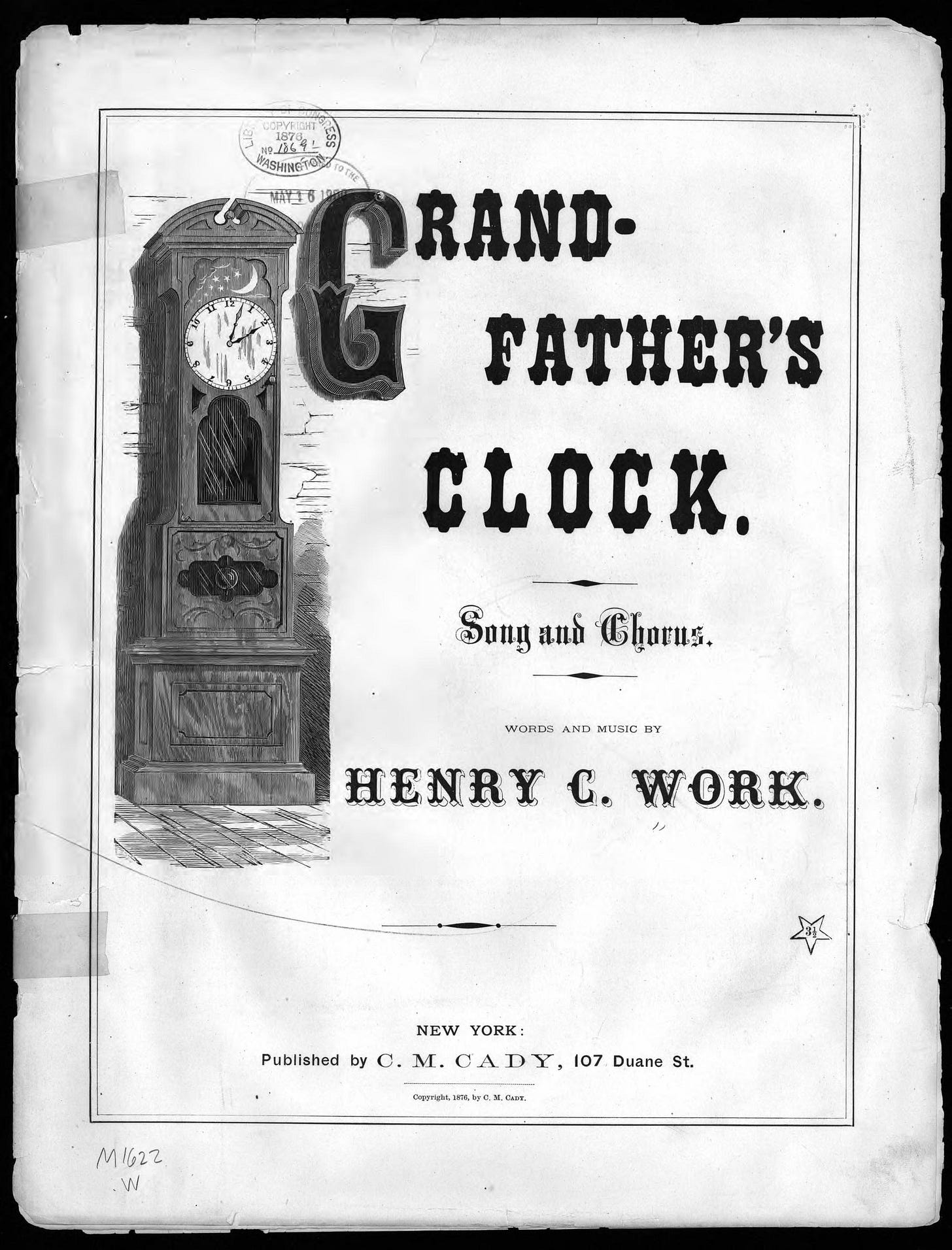Thanks for reading Some Flowers Soon. This is a post for paid subscribers with a free preview; an archive of Pinks, my posts for free subscribers, can be found here: https://someflowerssoon.substack.com/s/pinks
This year I had the chance to give a one-off session on “unseen poetry” for high school students heading towards exams. As I imagined being that student again, it occurred to me that the first thing to say was that they shouldn’t just think of the words on the turned-over page as an “unseen” poem, but also an unheard one — and that, if possible, they should silently vocalise it in order to get inside its workings.
That, of course, is the sound advice of someone who isn’t a self-conscious teenager, and doesn’t have to sit in an invigilated sports hall this summer trying to think of plausible things to say about a poem’s weird way of putting things against the clock. Exam conditions are not the ideal way to develop of a lifelong love of poetry.
But it seemed a necessary introduction to the poem I was talking about: Zaffar Kunial’s “Foxglove Country” — a poem about vocalising the name of the wildflower, when “the xgl is hard to say, out of the England / of its harbouring word”. The discussion ranged around what the poem has to say about belonging, knowledge and language, and eventually focused on how its final lines express the choked-up feeling of a word that sticks in the throat: “the gulp, the gulf, the gap, the grip / that goes before love”. The verb here, “goes”, quietly reveals itself as a contranym, a word pinning opposite meanings in one sound: “go” in the sense of “disappear”, and “go” in the sense of “occupy a position” (“go before”). The poem uses the word foxglove to unfold conflicted feelings about England through the glottal difficulty of its “locked” sound, xg. Love is revealed when it “goes”, but it is always there as an obstacle, a citizenship test that “goes before” entry to the imaginary realm of “Foxglove Country”.
It’s a commonplace to say that poetry must be read aloud to be appreciated. But that’s not exactly what I was encouraging my “unseen” poetry session to see, or do — partly out of practical considerations (ejection from the exam hall), but mainly because I don’t think reading poetry is a binary between silence and Sir John Gielgud. To really “see” a poem you not only have to “hear” the sound patterns you can spot with the reading eye — the alliteration, the rhymes, the line-breaks; you have to feel it as words emerging into meanings that can heard in the head more than they can be said. This is reading as an imaginative act, a seeing of the “unseen” between words on the page.
T.E. Hulme, in his provocative “Lecture on Modern Poetry” (1910), asserted that nineteenth-century lyric poetry retained its connection to the ritual music of religious chant through regular metre, but modernist verse, with its formal freedoms
is read and not chanted. We may set aside all theories that we read verses internally as mere verbal quibbles. We have thus two distinct arts. The one intended to be chanted, and the other intended to be read in the study.
But I’m not so sure we may “set aside all theories that we read verses internally” — or that we have really ever had “two distinct arts” in poetry. One of the most perceptive essays I know about the experience of reading the poetry of T.S. Eliot — as opposed to the intellectual reconstruction of that experience — is Seamus Heaney’s “Learning from Eliot” (1988). Heaney recalls having to study The Hollow Men at school, and experiencing an inarticulate “shiver” in response to the verse, but then having this stifled by the “herd laughter” of the class at the teacher’s emphatic readings (“the HOLlow men, the STUFFED men”) and dreary annotations (“Disillusionment […] The modern world”). What was lost in the classroom, Heaney reflects, was the “nerve-end tremulousness” of Eliot’s verse, which his teacher could not convey:
I cannot with my voice make the physical sound that would be the equivalent of what I hear on my inner ear […] there is a reality to poetry which is unspeakable and for that very reason all the more piercing
All poetry composed with a sense of visual as well as oral form has this double nature. Its effects are readily felt by readers, and all too readily rationalised by the mimetic insights that “unseen” poetry exams encourage (“the pause of the line break expresses the poet’s loss of faith”). What it has to do with how and why poems “pierce” us, though, is harder to explain: how to show that an “unspeakable” reality is, in fact, real?
There is a short, and I think unique, poem by Lorine Niedecker, which does this:
Keep reading with a 7-day free trial
Subscribe to Some Flowers Soon to keep reading this post and get 7 days of free access to the full post archives.




